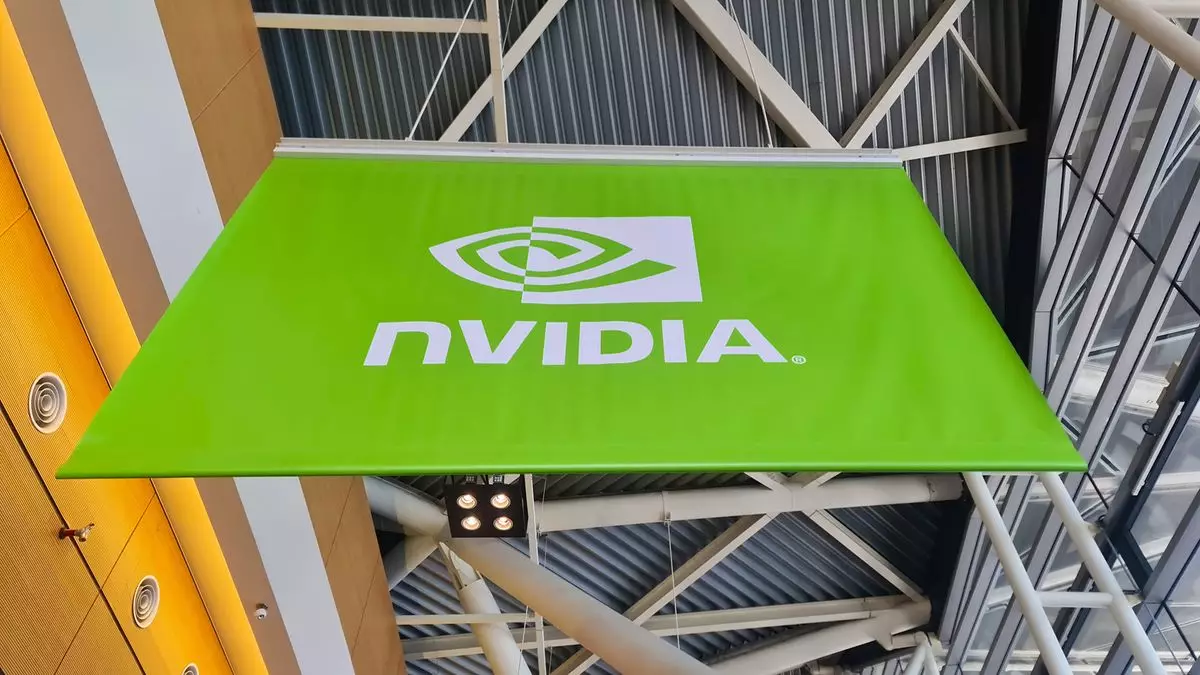The tech industry has witnessed an unprecedented wave of legal challenges over the past few years, particularly concerning the ethical conduct of major corporations amidst the burgeoning AI landscape. Nvidia, a leader in GPU production and AI technology, is now embroiled in a significant legal battle that exemplifies this phenomenon. This article delves into the intricacies of the recent lawsuit against Nvidia, shedding light on the broader implications for both the company and the tech industry as a whole.
In recent years, high-profile legal cases targeting gigantic tech firms have emerged as a recurring theme. Companies like Google, Facebook, and Amazon have all faced scrutiny and lawsuits relating to various issues including antitrust violations and data privacy concerns. The rapid expansion of the AI sector has only intensified scrutiny on these firms, particularly as they navigate complex and often unregulated territory.
Nvidia’s ascension, propelled largely by its dominant role in the AI data center market, has made it a focal point for both innovation and controversy. As they continue to break new ground, they simultaneously find themselves in the crosshairs of legal challenges that question their business practices and transparency.
At the heart of Nvidia’s troubles lies a class-action lawsuit initiated in 2018. Investors allege that the company misled them by concealing its substantial revenue dependence on the cryptocurrency market. This omission, they argue, constitutes a violation of the 1934 Securities Exchange Act, which mandates transparency in financial disclosures to safeguard investor interests.
Originally dismissed by a federal judge, the case was revived by the 9th Circuit Court of Appeals, prompting Nvidia to escalate the matter to the US Supreme Court. The company sought to challenge the revival, arguing that the 1995 Private Securities Litigation Reform Act does not provide sufficient grounds for the lawsuit to proceed.
In a pivotal turn of events, the US Supreme Court sidestepped Nvidia’s appeal, thereby allowing the class-action lawsuit to progress without providing explicit reasoning for its decision. This has led to speculation about the Court’s intent to ensure that legal cases involving allegations of securities fraud and misleading statements can be pursued without excessive barriers.
Justice Ketanji Brown Jackson’s remarks during the proceedings were particularly telling. She noted the importance of allowing plaintiffs to build their cases based on evidence produced during the trial rather than preemptively dismissing their claims. This standpoint underscores a transformative shift towards greater accountability in corporate governance, especially in a sector often criticized for its opacity.
The implications of allowing this lawsuit to proceed are multi-faceted. For Nvidia, the stakes are high not only in terms of potential financial liabilities but also regarding public perception. Having already incurred significant penalties from the Securities and Exchange Commission for related issues, the company now faces renewed scrutiny. The outcome of this case could affect its market standing and investor confidence, forcing it to reevaluate its disclosure practices.
However, Nvidia is not alone in this struggle. The broader tech sector must take heed of these developments, as they signal a growing willingness among regulatory bodies and the judicial system to hold even the largest corporations accountable for their actions. The trend could lead to more rigorous compliance frameworks and a shift toward greater transparency across the industry.
As Nvidia navigates this tumultuous legal landscape, the ongoing saga serves as a reminder of the challenges facing tech giants today. With legal cases becoming increasingly intertwined with allegations of ethical misconduct, companies must prioritize compliance and transparency. The outcome of Nvidia’s lawsuit could set a precedent, shaping not only the future of the company but also the broader dynamics of corporate governance in the ever-evolving tech sector. As the legal battles continue, stakeholders will undoubtedly be watching closely to see how this narrative unfolds.

